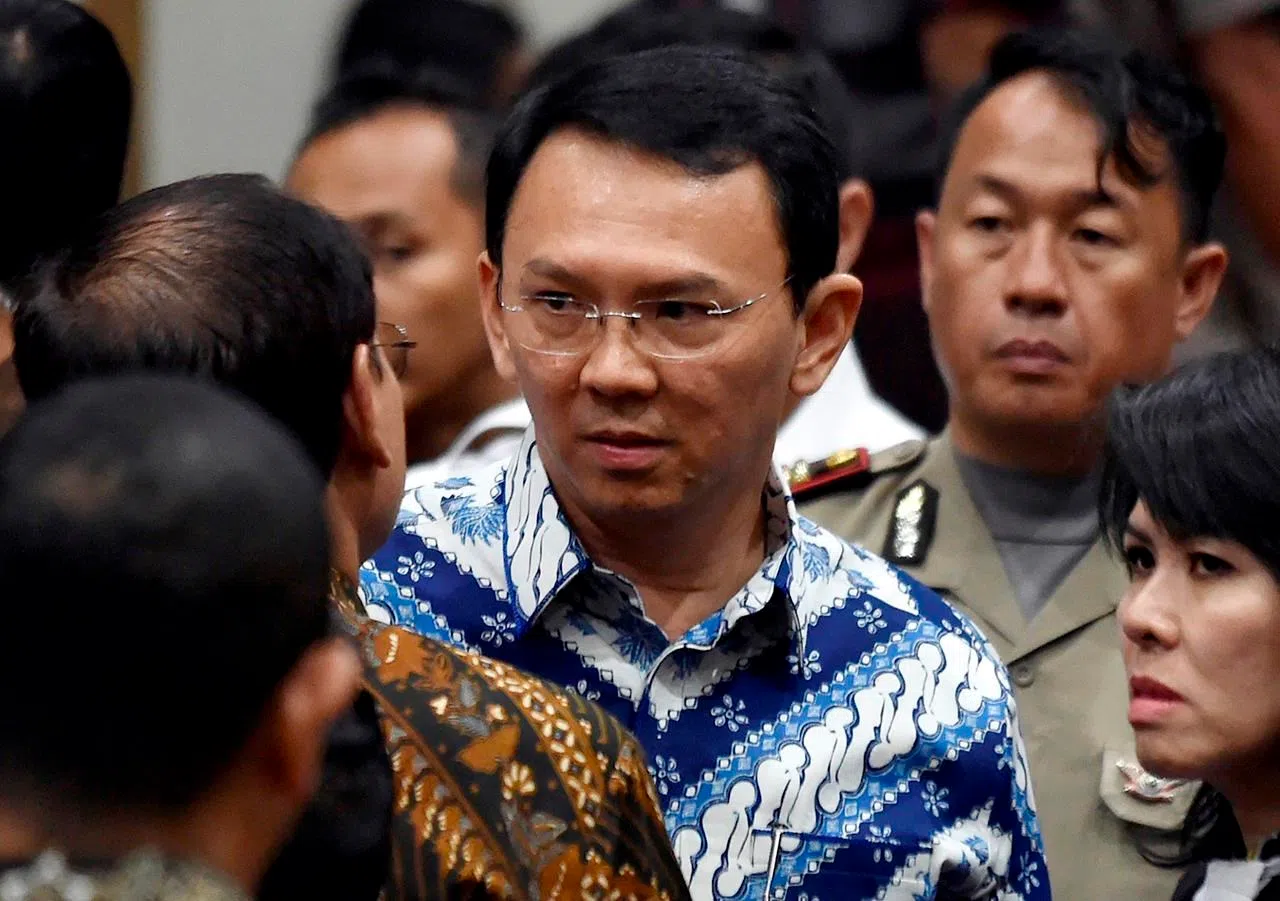
Governor convicted of blasphemy freed from Indonesian prison
JAKARTA, Indonesia — A polarizing Christian politician whose campaign comments ignited the largest protests in years in Muslim-majority Indonesia was freed Thursday after serving nearly two years in prison for blasphemy.
Basuki “Ahok” Tjahaja Purnama, the former governor of Jakarta, left a paramilitary police prison outside the capital early Thursday with members of his family, said his spokesman Sakti Budiono, avoiding waiting supporters and media.
In 2016, Purnama made lighthearted campaign-trail comments that voters shouldn’t heed his detractors who said the Qur’an prohibits Muslims from being led by Christians. Hard-liners seized on the remarks as blasphemy, triggering protests that brought hundreds of thousands of white-robed Muslims to the centre of Jakarta.
He was defeated in an election by a rival aligned with the protesters and sentenced to prison in May 2017 for blaspheming the Qur’an. Rights groups said the sentence highlighted why the easily abused blasphemy law should be repealed.


